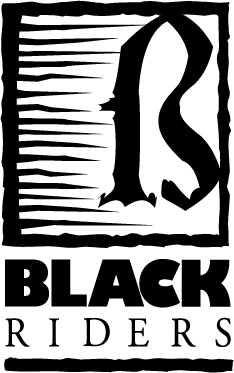When inaction becomes a choice
Admitting when you make a mistake is already hard. Admitting you made a mistake that ended up hurting others is even harder. Admitting that you are mistaken about something you *believe*, where perhaps you’ve never directly hurt someone by it, but when it has caused you to take *inaction* that has hurt others, is incredibly complex. But boiled down the response always seems to be some version of “how is this my fault if I didn’t do anything?” To admit that gun control is necessary to prevent further mass shooting deaths in the US means admitting that you were in some way complicit in all the gun deaths prior, but doing nothing puts it on someone else. Or at least lets you feel that way. To admit that male privilege exists means I’m admitting that I have been complicit in the often poor and sometimes horrific treatment of women, even though I think I have always personally treated women as equals and with respect. I was honestly quite clueless, but I’m learning. I wonder if that’s part of the appeal of the anti-vaccination movement... if my child develops autism, it must be something other than my genetics, and it can’t be something outside of my control as a parent, so it must be something that someone did over which I do have control. But surely I can’t be blamed for other people getting ill and dying of the measles or the flu for something I didn’t do. But the fact is, yes I can. Here’s the thing... I don’t feel responsible for what I didn’t know, but yes I think I am still complicit in the consequences of my ignorance. Up to a point, inaction because of ignorance is not a choice, it’s just one of those things in life over which you have no control. But once you do know more, or have the opportunity to know more, you are granted a measure of control and then you do have a choice to make: take action, however small, or choose inaction because of *willful* ignorance. At a certain point, inaction *becomes* a choice, whether you want it to or not. So the question is are you seeking out and embracing that moment, that moment when you are given an opportunity to take action that could make a positive change, however hard it may be, or are your actions simply fighting that moment so that you can feel like you are still on the side of “excusable” inaction?
